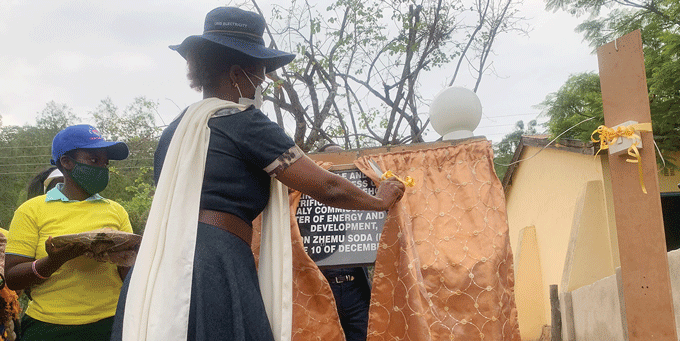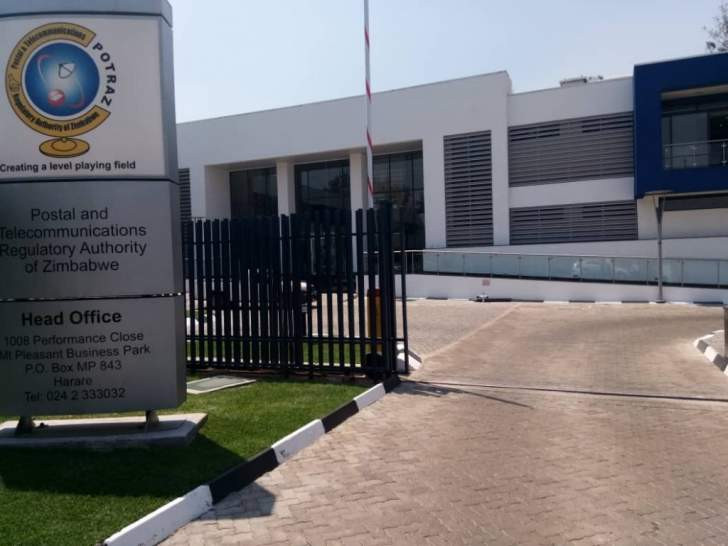
BY SHARON SIBINDI
RURAL communities such as Umzingwane district in Matabeleland South province are set to be empowered courtesy of an electrification exercise, which is expected to create employment and provide internet connectivity in the area.
This was said by Energy minister Soda Zhemu last Friday during the commissioning of the Zhilo-Shale Electrification Project in Umzingwane district, which was done through the Rural Electrification Fund (REF).
In a speech read on his behalf by Energy ministry secretary Gloria Magombo, Zhemu said rural electrification would alleviate poverty, build capacity and provide social equity in Zimbabwe.
“Many other benefits will accrue, among them the reversal of rural-urban migration and economic activities in downstream industries. The rural electrification programme has the potential to improve the quality of life in rural areas of Zimbabwe,” Zhemu said.
“Many schools are now electrified and connected to internet services. Teachers, who used to shun working in rural areas before the schools were electrified, are now happier to work in rural areas. Similarly in rural health centres, electricity has brought positive changes.”
He said child mortality rate had gone down because hospitals had access to electricity, whereas in the past, expecting mothers were asked to bring their own lighting such as candles or paraffin lamps to the clinic.
“Similarly, the cold chain which is essential in the handling of some drugs and vaccines is made available in rural health centres. It is, however, disturbing to note the rampant increase in cases of theft and vandalism on the electricity grid infrastructure, in particular conductors and transformers,” he said.
- Chamisa under fire over US$120K donation
- Mavhunga puts DeMbare into Chibuku quarterfinals
- Pension funds bet on Cabora Bassa oilfields
- Councils defy govt fire tender directive
Keep Reading
Zhemu urged communities to ensure electricity infrastructure is not vandalised.
“I am informed that to date, the fund has electrified 9 760 rural institutions countrywide, using both grid and solar technologies. In Matabeleland South province alone, the REF has electrified 954 institutions, of which 117 are in Umzingwane district,” he said.
The Energy minister said these included 35 primary and 17 secondary schools, 18 rural health centres, four chief’s homesteads, three government extension offices, eight business centres and others.
Zhemu said of the challenges faced by the REF included inadequate funding by government, adding that the 6% electrification levy was not enough for it to carry out its mandate.
“In this regard, government, through Treasury, made fiscal allocations of $137 million and $354 million in 2021 and 2022, respectively, in order to augment the rural electrification levy in support of the rural electrification programme.”
Matabeleland South provincial development co-ordinator and REF board member Latiso Letticia Dhlamini, in a speech read on her behalf by REF board chairman Willard Chiwewe, urged government to increase funding for the rural electrification project.
“The Zhilo–Shale Electrification Project has a total line length of 26,2km of 11kV line, 2,113km of LT line and five substations at a cost of US$357 550.
In addition, it is estimated that the project has the potential to benefit two wards, as the grid network is now within their reach,” Dhlamini said.
- Follow Sharon on Twitter @SibindiSharon










